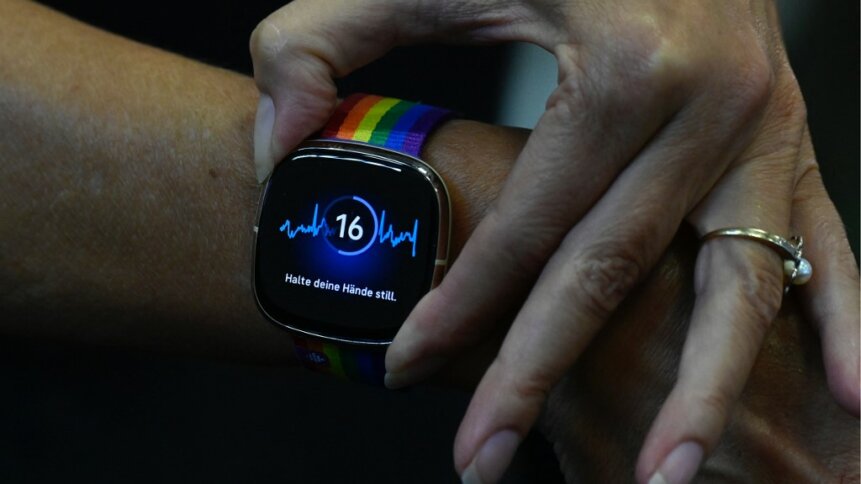Are Fitbit wearables supplying your health data to Google?

Fitbit, the ubiquitous fitness wristband, has been rebranded as ‘Fitbit by Google’ since its acquisition by the tech giant in early 2021. Now new information points to the fitness tracker sharing even deeper integration with its new owners in Mountain View, California.
According to a new Fitbit help page, the family of devices will be accessible through a Google account starting from 2023. Alongside the usual Google account advantages of a single sign-in, not just for Fitbit devices but many Google services, there will apparently be more controls set in place for Fitbit user data security and privacy.
“Support of Fitbit accounts will continue until at least early 2025,” says the Fitbit help blog. “After support of Fitbit accounts ends, a Google account will be required to use Fitbit. We’ll be transparent with our customers about the timeline for ending Fitbit accounts through notices within the Fitbit app, by email, and in help articles.”
“Together Fitbit and Google seek to make health and wellness more accessible to more people and the next generation of devices better and more affordable,” the blog says elsewhere, and while the search engine giant reassured users that Fitbit health and wellness data will not be used to fuel Google ads in accordance with its regulatory commitments, after some time in 2023, certain use cases of Fitbit will only be available via Google accounts.
Controlling the Default
Similarly, once support for Fitbit accounts ends in 2025, Google accounts will ostensibly become the default logins for these wearables. Even now, users can elect to send some of their tracked data to the Alphabet company’s services, such as step count, but they are all permissioned. Presumably, much more Fitbit users’ health data will be made available to Google between 2023 and 2025, as Fitbit accounts are phased out and Google accounts become a necessity, as opposed to an elective.
And although the partners have addressed the usage of data for advertising purposes, any other use to which the data might be put by Google remains unrevealed at this point. The Fitbit help article was quick to point out that users would have to consent to share information with its partner, just as now when wearable users attempt to use services like the AI-driven Google Assistant as a third party service. They would be prompted to agree to the Google Terms of Service.
Google has been on a twin healthcare and ambient computing push over the last few years. The company finally announced follow-ups for wearables like smartwatches and augmented reality-based glasses, and earlier this year held its second annual Check Up virtual healthcare event, where a new scheduling feature was shown off, intended to streamline the appointment booking process for patients – it could really help to slash the wait times and scheduling conflicts that often arise when making doctor appointments. In the US, some say that the average wait time for a primary care appointment can be 20 days or more. In the wake of the Facebook data privacy lawsuits and the overturn of Roe V. Wade though, many users might feel squeamish at their appointment data passing through the hands of a tech giant.
Searching For Authority
Along with appointment scheduling as part of its search engine, Google also previewed enhanced, health-related search features and videos in several target markets including Brazil, Japan, and India, with planned rollouts to other regions soon. These are being designed as “authoritative health sources on YouTube” as well as on Google’s Chrome browser.
Google first made a play for Fitbit back in 2019, and in the aftermath of the pandemic has been heavily involved in making health information, drug research, and medical professional data much more accessible (as well as easier to verify quickly as an authentic healthcare service provider) via its online platforms, which are among the most popular in the world.









